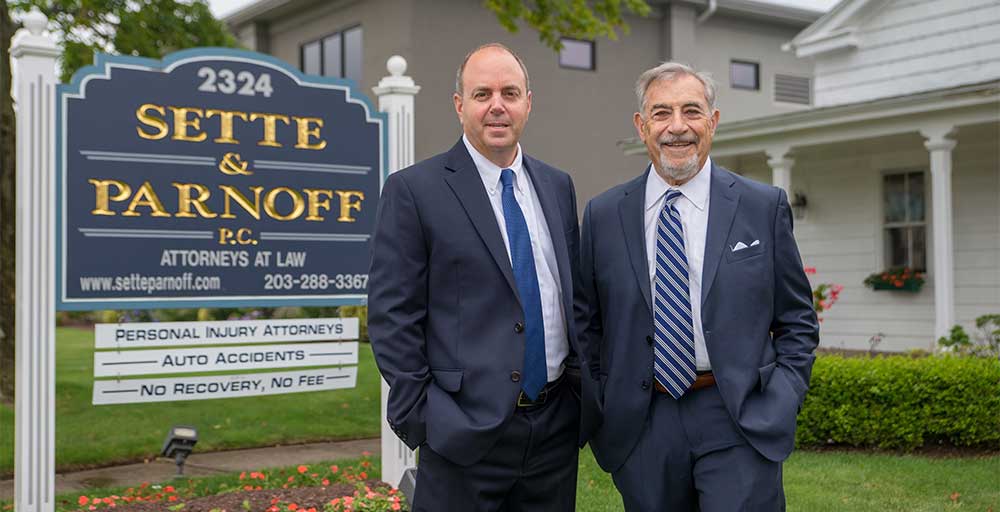Semi-trucks pose a significant risk out on the road. The massive size of these vehicles can lead to devastation when they’re involved in a crash, leaving unsuspecting motorists with serious injuries. In fact, thousands of people are injured and killed in these truck wrecks every year.
The Federal Motor Carrier Safety Administration (FMCSA), a federal agency, seeks to ensure that these big rigs are operated and maintained in a safe fashion. They do this by implementing and policing a number of regulations, including each of the following:
- Hours of service regulations: These regulations specify how much truckers can drive in a given period and dictates when they need to take rest breaks. For example, a trucker is required to take a 30-minute break after driving for eight consecutive hours, and they can only drive for a maximum of 10 hours after taking eight consecutive hours off.
- Maintenance requirements: The government also requires truckers and their employers to conduct routine inspections on semi-trucks and make repairs accordingly. Each trucker is required to conduct post-trip inspections and report any identified safety issues, which typically then must be corrected before the truck can be released back out onto the road. The trucks must also undergo yearly inspection, and maintenance records must be kept.
- Drug and alcohol testing: The FMCSA also regulates when truckers are required to submit to drug and alcohol testing.
- Cargo securement: The federal regulations also specifies how certain cargo needs to be secured on big rigs. This may include the use of tiedowns and blocks, dictating how many tiedowns or blocks are needed based on the cargo’s length and weight.
- Background checks: Employers should be conducting thorough background checks on their prospective employees to ensure that they have safe driving records. The FMCSA requires these checks and specifies how they’re to be conducted.
- Training: Another way that the FMCSA tries to ensure trucking safety is by requiring a certain amount of training for truck drivers. This may include new driver training and additional training for truckers who will be carrying hazardous materials.
There are a number of other regulations that the FMCSA oversees, which they hope will curtail dangerous truck accidents.
What if these regulations are violated?
Violations of the above-mentioned regulations can lead to fines for truck companies, but they can also help support a personal injury lawsuit filed against a trucker and his or her employer.
Therefore, if you’ve been injured in one of these wrecks, then you might want to start thinking about how you can gather evidence to show that a trucker or a truck company has violated these regulations. This may include subpoenaing maintenance records and trucking logs, as well as deposing the trucker who caused the accident and his or her employer.
A legal advocate can help you build your case
There’s a lot to think about as you navigate the aftermath of your truck accident. You have medical bills to contend with, and your lost wages may be making it hard to pay your rent or mortgage and your utilities. Making matters worse is that the pain and suffering that’s been dealt to you can make life less enjoyable, impacting everything from your ability to engage in the hobbies that you love and play with your children or grandchildren.
Fortunately, an attorney who has a track record of handling these kinds of cases may be able to help you develop the persuasive legal arguments that you need to find accountability and recover the compensation that you need.

